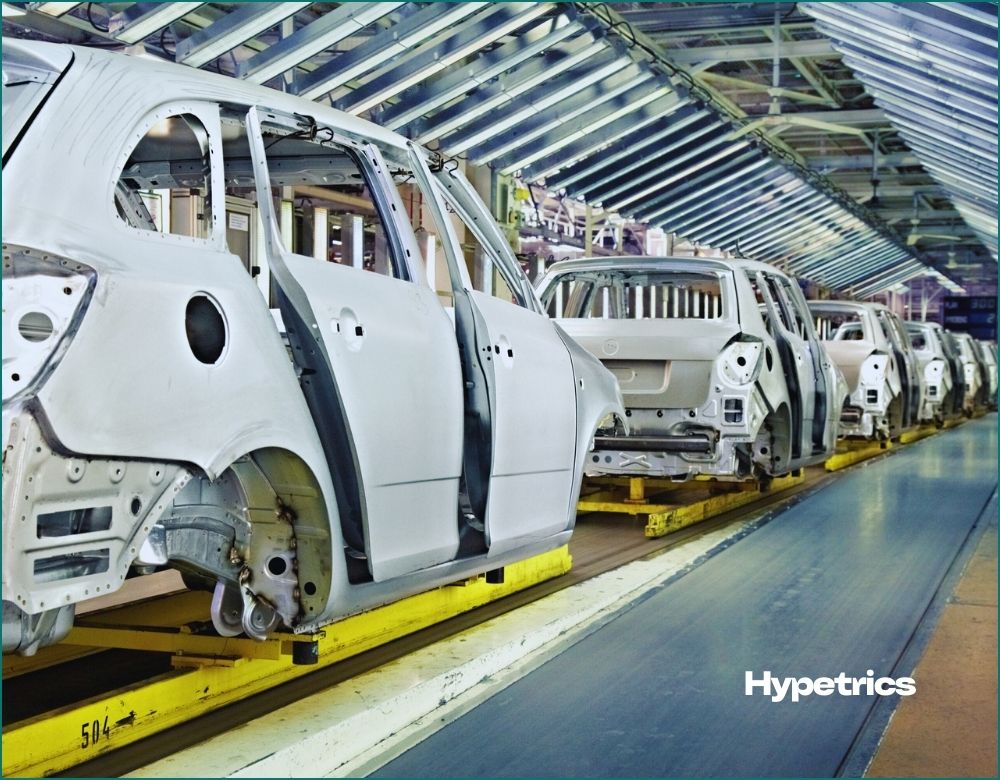In India, there is a silent revolution going on in the startup industry. Metro cities such as Bengaluru, Mumbai, and Delhi have long been known for breeding billion-dollar startups, but a new breed of innovation is emerging in Tier-2 and Tier-3 cities. These mid-sized municipalities, so long ignored, are starting to embrace an entrepreneurial revolution driven by internet connectivity, local innovation and in-migration of brain power. These cities are rapidly establishing themselves as the new horizons of India’s startup story as they have the attention of investors and favorable regional ecosystems. The next unicorn might be a product of a small town, but the point is not whether anymore, it is when.
The Changing Face of Indian Innovation
A huge change is happening in the startup ecosystem in India, which has long been dominated by metro cities such as Bengaluru, Mumbai, and Delhi. The next surge of entrepreneurial spirit is almost stealthily building up the epicentre of the country, the Tier-2 and even Tier-3 cities like Jaipur, Indore, Surat, Lucknow, and Coimbatore. It is not a utopian picture, and this positive change is supported by statistics, flourishing fairy tales, and a restructured socio-economic environment. With the increasing infrastructure and digital access, small towns are becoming epicentres of start-up activity, and perhaps India would see its next unicorn being created here.
A Digital India Breeds Opportunity Everywhere
A great deal of this transformation owes itself to the Digital India initiative and the recent rapid expansion of high-speed internet availability in rural and semi-urban India. The cheaper data charges, lower-priced smartphones, and the government-sponsored digital literacy campaigns have unlocked the gates of opportunity to the younger generation living in smaller towns. Such areas, which used to be innovation consumption regions, are turning into innovators. The development of the vernacular content platforms, local fintech applications and hyperlocal delivery services all speak of the presence of a highly localized startup ecosystem.
Reverse Brain Drain: Talent Comes Home
In India, the trend has changed in recent years as people are migrating back to home hometowns. A revolution in remote work that the pandemic has provided gave people working in the big cities a chance to head back home. Others have opted to remain, and they come with skills, networks, and ideas of start-ups in Tier-2 and Tier-3 markets. Consequently, there is a surge of entrepreneurship in smaller cities such as Bhubaneswar, Kochi and Bhopal, in some cases through local incubators and state-based innovation initiatives.
Investors Look Beyond the Metros
Venture capitalists and angel investors who spot this opportunity are hunting down startups in the non-metros. Since the prices of running a business are much cheaper in smaller towns, real estate, talent acquisition, and running operations cost significantly less, thereby making startups capital-efficient since their inception. High-impact, scalable business models can come out of any place as startups in Kuku FM (Indore), and Fasal (Madhya Pradesh) have shown.
Local Problems, Global Potential
There are many startup strengths, such as reasonableness when solving tasks, in smaller towns. These entrepreneurs are experimenting with local problems – agricultural wastefulness, indigenous schooling, rural medicine and decentralized retailing – which, assuming success, can be used universally. This business model cares not only about the strong product-market fit at the initial stage but also opens the door to the markets long undeserved by urban bubble startups.
The Rise of Micro-Ecosystems and State Support
Tier-2 cities are not functioning in silos any more. The rise of micro-ecosystems: coworking, local startup meetups, accelerator programmes and industry-specific clusters are incubating early-stage ideas and offering the much-desired support network to grow. States such as Gujarat, Tamil Nadu and Odisha are going out of their way to woo startups, with grants, seed funding and regulation. Small-town startups are also assisted in large part by this local institutional support to scale.
A New Definition of Success
The hyper-growth, valuation indicators, and market belligerence have mostly characterized the race for the unicorn status in metro cities. On the other hand, smaller city startups are reshaping success by creating the next big thing by focusing on sustainability, social contribution, and profits. The latter is a mission-oriented approach that is familiar to investors seeking sustainable businesses, particularly now in the wake of the funding winter that swept the global startup ecosystem.
The number of founders, cities and also languages in which the India growth story is being written is increasingly diversified, and the experience as well as perspectives are also changing with grit, empathy and new imaginings. The following unicorn may not be brewed in a glass tower in a technology park, but was born in a small co-working in Kanpur, addressing the issues millions of people struggle with daily. With the trend in the spotlight changing to inclusivity in innovation, the one thing that is apparent is that small towns are no longer small town. They could simply be the next thing.














